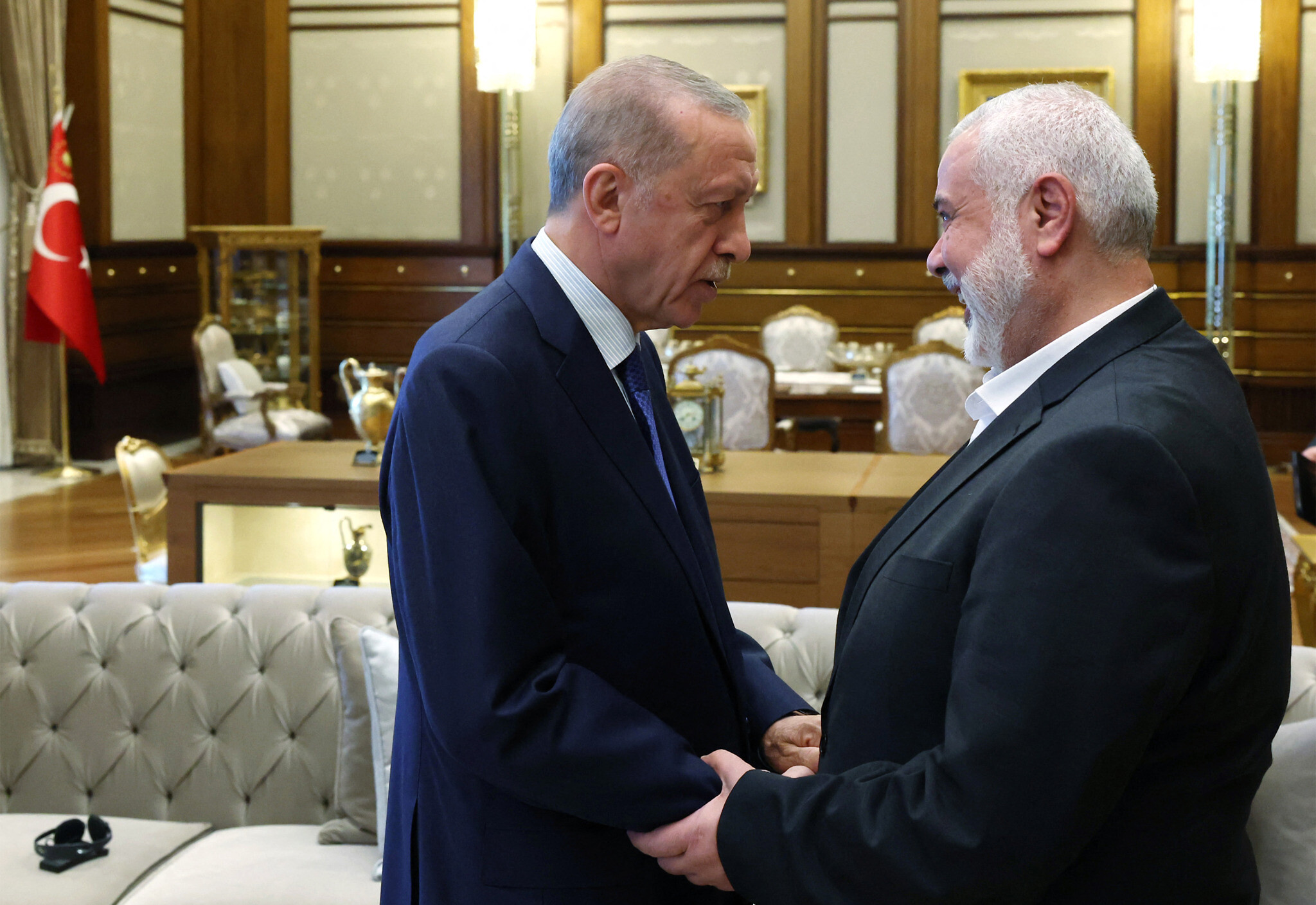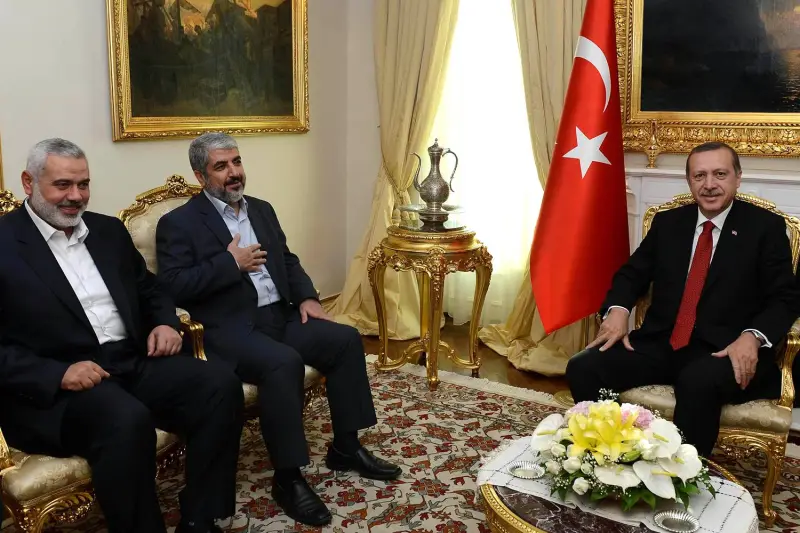Accusations from former Pakistan Prime Minister Imran Khan’s party, Pakistan Tehreek-e-Insaf (PTI), alleging the kidnapping of his nephew by the army, inject further tension into the already complex relationship between civilian authorities and the military in Pakistan.
The claim implicates the powerful military establishment in a domestic political dispute, highlighting the ongoing power struggle between civilian governments and the military. This incident underscores the challenges faced by civilian leaders in asserting their authority over the military, which has historically wielded significant influence in Pakistan’s political landscape.

Source:- India today
For PTI, the accusation serves multiple purposes. Firstly, it portrays Imran Khan’s family as victims of alleged military interference, garnering sympathy and support from the public. Secondly, it signals PTI’s willingness to confront the military establishment, positioning the party as a defender of civilian rights and democratic principles.
Source:- news 18
However, such allegations also carry risks. Accusing the army of kidnapping without concrete evidence could strain PTI’s relationship with the military further, potentially jeopardizing governance and stability in Pakistan. Moreover, it could deepen public distrust in state institutions and exacerbate existing political tensions.
The incident underscores the importance of addressing the underlying issues of civilian-military relations in Pakistan and strengthening democratic institutions to ensure a stable and inclusive political environment. Without addressing these challenges, Pakistan’s political landscape is likely to remain fraught with tension and uncertainty.
Share your views in the comments

